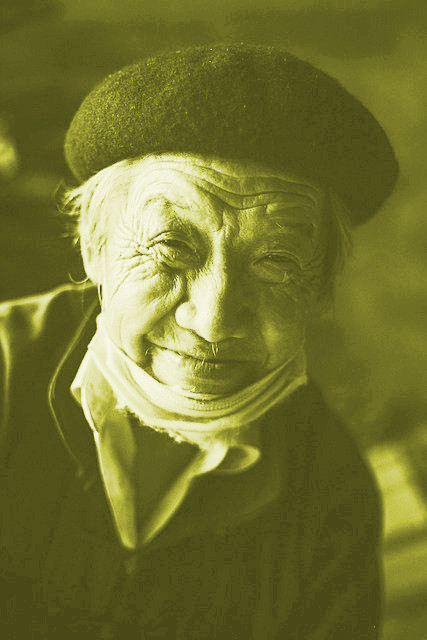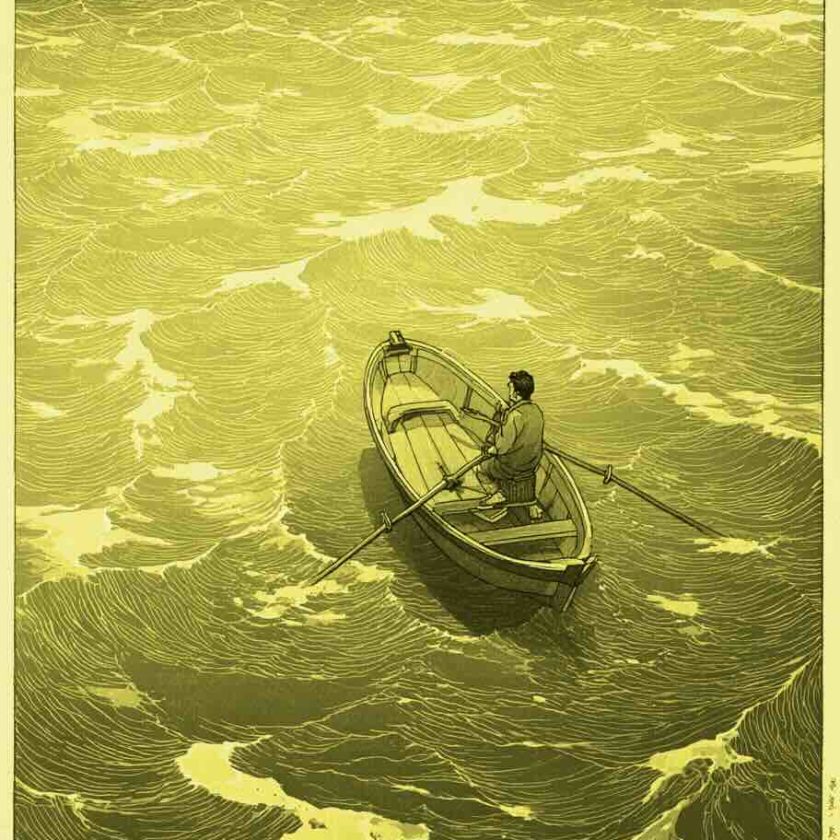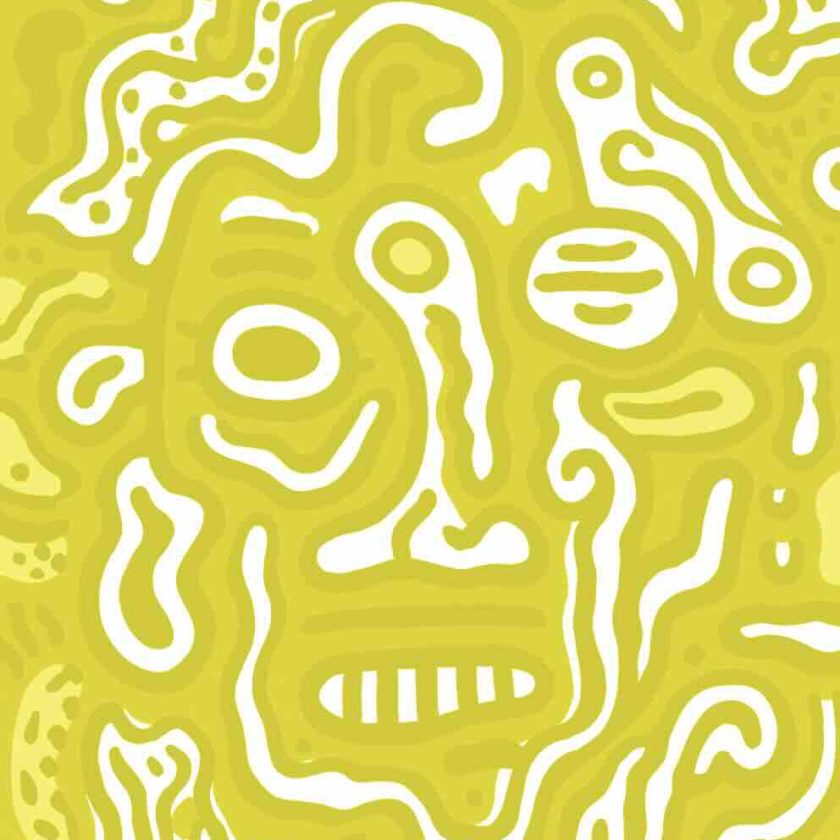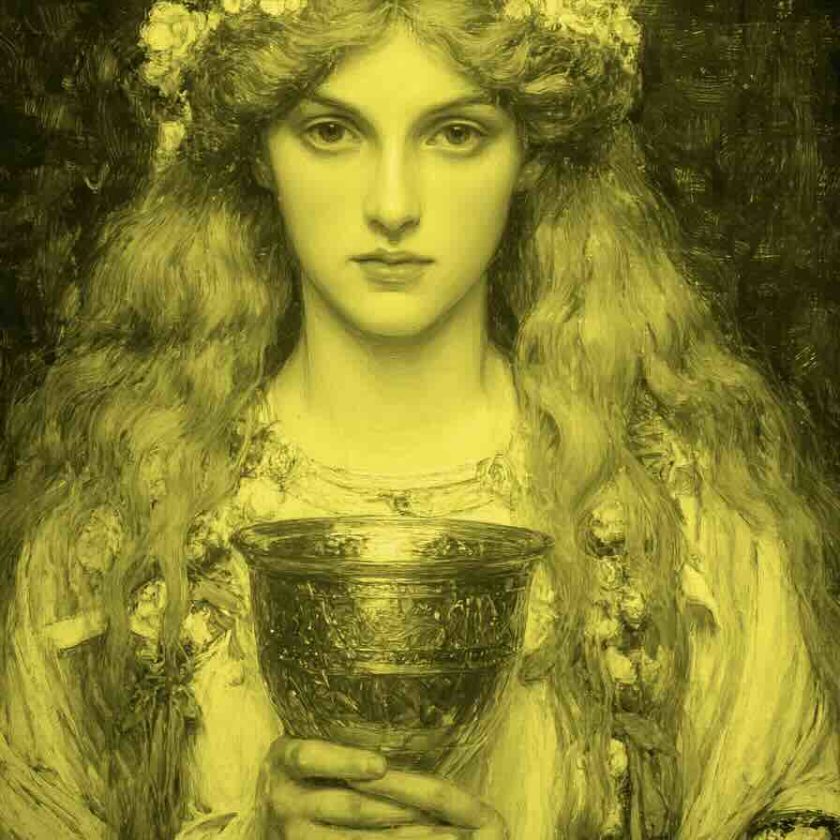In a society that advocates youthism, getting older is synonymous with being downgraded. It is not surprising to understand why ageing is so poorly experienced as it is associated with the idea of decline.
Old age, the autumn of life
Death is hidden from everyone. It has become taboo, it is no longer part of life. There is a kind of externalization of death: we live in the general repression of this idea. Since death is denied, it is only logical to repress everything that is even remotely related to this concept. Old age is a first step towards death: one loses one’s mental and physical faculties, which constitutes an intermediate stage of non-existence. In a society where religion has ceased to offer answers about the reality of the afterlife, it is preferable to close our eyes to something that frightens us.
Youth = productivity
In a world governed by the laws of the economy, it is better to belong to the profitable mass of people than to the unproductive block. Since social existence is directly conditioned by productive capacity, which is itself associated with youth, it is easy to understand why one would want to stay young; it simply means staying in the game. A society that does not value what is not quantifiable inevitably forces its population to neglect family and social relations in favor of economic life. In traditional societies, this organization is reversed: the older one gets, the more status one acquires since it is associated with greater economic and political power.
Aging is even more difficult for women
Male-female relationships are inherently unbalanced because of the biological dimension that underlies them. A woman is conditioned by her biological clock which limits her reproductive capacity in time. The man is not subjected to such a countdown of mother nature. Beyond this difference in procreation, there is also childbirth and pregnancy which undeniably bind the infant to its mother much more than to its father. This emotional bond has forced the mother throughout human history to a material dependence on the sire in the child’s early years, so much so that certain laborious tasks were made impossible. This paradigm has changed somewhat with the advent of the welfare state. It has not, however, completely eliminated this “anthropological reflex”, as it is a recent occurrence in human history. This inequality is problematic for women, since they are valued largely for their ability to procreate, which is itself associated with youth, something that men are exempt from.
To grow old is to become another
Aging is not only a loss of one’s faculties or productive capacity, it also represents a form of alienation. Indeed, to grow old is to become this other that we don’t know and that scares us. To be old is to be transformed into a person who deprives us of our external qualities.
If your self-esteem is based on an external dimension of life, growing old will be a suffering for you
When you base your self-esteem on external qualities such as beauty or physical strength, it is obvious that getting old is a torment that you want to put off as long as possible. If today so many people refuse to grow old, it is simply because our society gives too much importance to external qualities to the detriment of the inner life that it is summarized to cultivate the virtue or the spiritual dimension of life.
Beauty and status
The consumerist machine rests on two pillars: beauty and status. The most obvious expression of this paradigm is the world of luxury, which in a way sublimates an ultimately elementary desire: to seduce.
One of a woman’s assets in the game of seduction is her beauty. Luxury seeks to maximize this capital through a whole range of artifices: make-up, colored clothes, bewitching perfumes, etc.
The man, on the contrary, must display his status, if he wants to maximize his chances. So he will naturally collect watches, sports cars, fancy suits etc. to stand out from the other suitors. From this competition come all the other consumer products that try to bring beauty or status.
In short, consumerism has instrumentalized and monetized something that was the monopoly of the family in traditional societies. Indeed, until recently, marriages were arranged, that is, they were decided by the two families of the bride and groom. There was therefore no need to waste time multiplying all kinds of artifacts, everything was decided beforehand. So, of course, an arranged marriage is a marriage of interest in which most often a young woman marries an older man who already has a substantial fortune.
Things have not changed with consumerism, it’s just that the decision-making power has been delegated to the interested parties who are no longer as tied to their respective families in their choice. Previously, suitors were selected from a relatively small circle. With the emergence of the love marriage, the possibilities have been multiplied tenfold, which in a way has increased the competition. From this competition comes the multiplication of status marks that are acquired through an essentially consumerist process.
Summary:
Aging is associated with negative concepts, which is why it is denied. The source of these negative stereotypes is varied. It has for main origin the consumerism that values the beauty and the status that are acquired respectively by the youth and the productive capacity. The biological inequality between men and women generates a race for status marks that consumerism allows. The disappearance of family values is closely linked to this current contempt for the third age.










